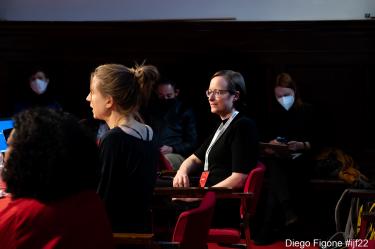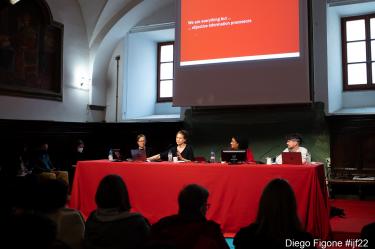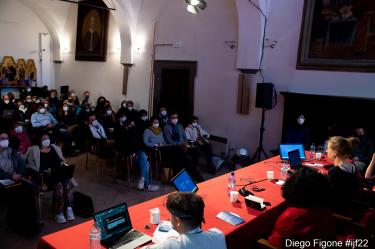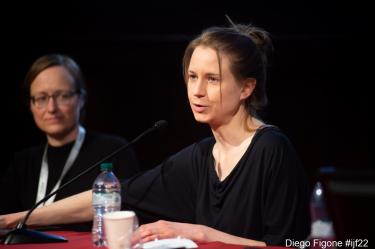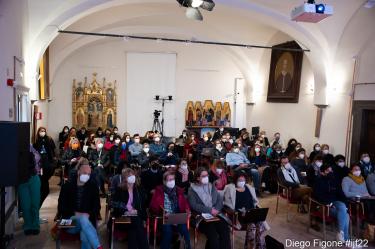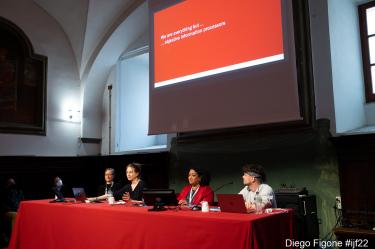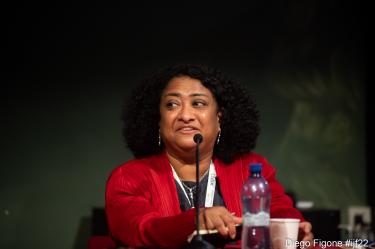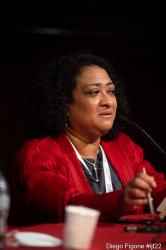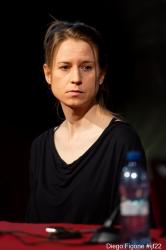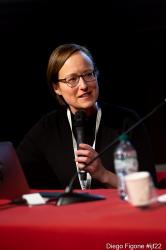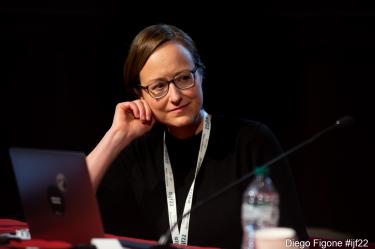Our brains use plenty of short-cuts to process the complex world around us, filter relevant information and allow us to make decisions. On the one hand, a useful optimization process, this also bears some dangers: it makes us everything but an “objective and neutral” information processor and decision maker. Although well-known in psychology and neuroscience, many journalists are not aware of the biases that shape human perception and memory. And it does not "stop" there: algorithms, commonly assumed to be bias-free, are susceptible to these biases in a similar manner, because they are programmed by humans after all and reproduce distorted realities. In a media world increasingly influenced by algorithmic systems, journalists need to be able to recognize their own and algorithmic biases.
In our panel we want to examine psychological biases and potential counter strategies that are already established e.g. in medical diagnostics from different perspectives. How can media professionals and institutions act adequately to avoid discriminatory effects – and what possibilities do citizens have to react? How can we prevent data-based research from being distorted by background effects? In short: how do we protect ourselves – and our environment – from an all too singular and biased view of the world? We consider this competence to be increasingly relevant, especially in view of the challenges in analyzing and communicating abstract long-lasting topics, front and foremost the climate crisis.
Based on concrete projects and scientific insights, we will present possible solutions and discuss them with the audience.



